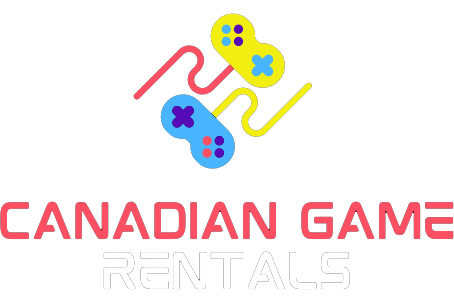Word association games are simple yet engaging activities that can be played with two or more players. The idea is to respond quickly to a word spoken by another player with the first word that comes to mind. The association game requires no equipment and can be played anywhere, making it a versatile choice for gatherings, educational settings, or to pass the time during travel.
Setting Up the Game
First, gather all participants in a circle or face-to-face if it’s just two players. Decide who will start the game. This can be determined by any random method of choice, such as flipping a coin or playing ‘Rock, Paper, Scissors.’ Once the first player is decided, establish the direction of play—clockwise or counterclockwise.
Playing the Game
The starting player will say a word out loud. The next player immediately responds with the first word that comes to their mind that they associate with the previously mentioned word. There is no right or wrong answer, but players should aim to respond quickly, typically within a few seconds. If a player hesitates too long, repeats a word already said in the same round, or says something completely unrelated, they can be given a playful penalty or prompted to respond quicker next time.
Keeping the Game Engaging
To maintain the pace and engagement of the game, players should aim to be creative with their associations. This makes the game more interesting and can lead to humorous or surprisingly deep connections between words. Players can challenge themselves by setting themes or restrictions for a round, such as only using nouns or words related to a specific topic like ‘nature’ or ‘technology’.
Guidelines for Word Selection
While the freedom to choose any word is one of the charms of word association games, setting some basic guidelines about permissible words can enhance the experience and keep the game appropriate and enjoyable for all players.
Encouraging Appropriate Language
First and foremost, it’s important to agree on using language suitable for all participants. This means avoiding words that could be offensive or inappropriate, especially in mixed-age groups or diverse settings. The goal is to ensure the game remains fun and inclusive without making anyone uncomfortable.
Types of Words to Use
Players should feel free to use nouns, adjectives, verbs, and adverbs, as these can create dynamic and interesting associations. However, participants might agree to exclude certain words to increase the challenge or focus the game. For example, overly common words (‘the’, ‘and’, ‘it’, etc.) could be avoided to keep the associations more thoughtful and creative.
Special Rules for Word Selection
Some game variations introduce specific rules regarding word selection to keep the gameplay exciting. For instance, players can decide that all the words must relate to a particular theme, such as movies, historical figures, or food. This narrows down the choices and encourages players to think more deeply about their associations.
Dealing with Disputes Over Words
Occasionally, disputes may arise over whether an association is valid. Establishing a simple consensus rule is useful where players can quickly vote if a word is acceptable. This keeps the game moving and teaches players negotiation and agreement skills.
Concluding the Game
Like the blooket quiz, this game can continue for as many rounds as the players are interested. It can be stopped anytime, ideally at a natural breaking point or after a particularly satisfying round. To conclude, players can reflect on some of the most unexpected or creative word associations during the game. This provides closure and enhances the enjoyment of the shared experience.

